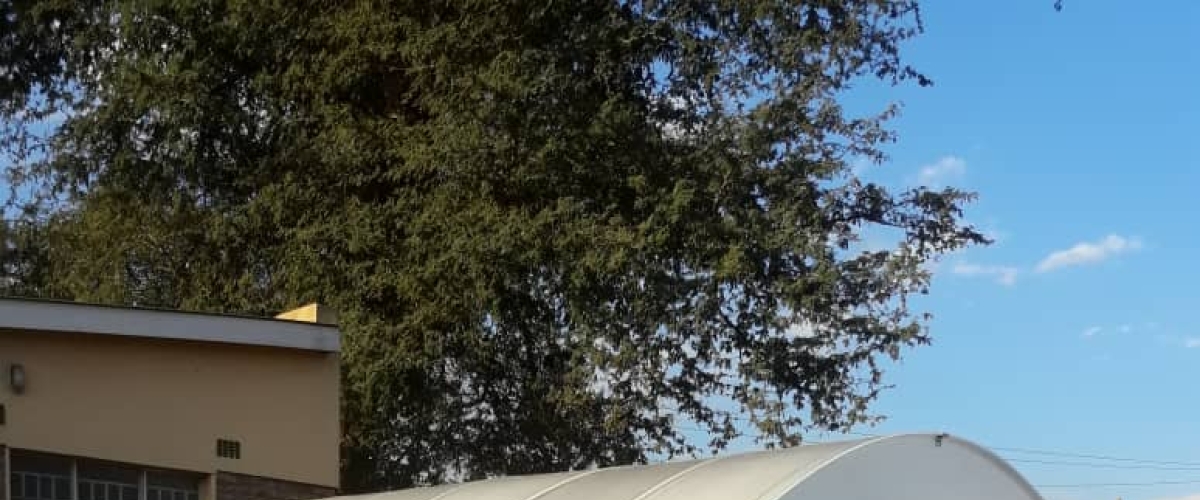
By Henderson Piringu (Malawi)
EcoGen social business, advocating for sustainable energy has introduced technically advanced and sustainable biogas technology solutions for the production of renewable biogas energy and fertilizer to small farmers to reduce food shortage, poverty, and climate change in Malawi. According to the framework by the EcoGen social business, EcoGen promotes a world where waste is a resource and farmers are empowered and productive. The social business was designed to address traditional cooking methods that create multiple health and livelihood issues for families in urban and rural areas.
EcoGen Chief Executive Officer Clement Kandodo said, “Traditional cooking methods also translates into environmental degradation, and 95% of Malawian wood consumption is used for domestic cooking. The majority of this wood comes from unsustainable illegal logging, translating to significant pressure on forests.” He said, in addition to deforestation, current livestock waste handling practices of small-scale farmer households are adding over 3 tons of Greenhouse Gas (GHG) Emissions per household per year. “We manufacture, distribute, sale and install small and medium biogas systems to convert waste (agriculture or home waste) into biogas energy and fertilizer,” Kandodo observed that bad soil management is now one of the leading risks to global food supply and farmer income. Vulnerable farmers in Malawi are being sold on heavy chemical fertilizer use to achieve short term results – at the cost of long-term soil health. Not only is this causing risks to the global food supply, but the yearly declining ROI of heavy chemical use is also leading farmers to financial hardship.
Among other solutions, EcoGen has pioneered a portable biodigester system that provides both renewable biogas and fertiliser. Kandodo said, “The biogas system process is carried out using small and medium decentralized fermentation units for local processing of available organic wastes such as agricultural waste, kitchen waste, into clean energy and fertilizer. The organic waste remaining after fermentation, also known as slurry or fertilizer, can either be processed and marketed as fertilizer or can be used for personal gardening or farming.”
He added that the system only requires a minimum of 2 livestock or 6kgs of green waste per day in order to produce enough gas for daily cooking needs. Each EcoGen biodigester has twin biogas cookstoves and biogas purifiers. The system also provides 20 tones of organic fertilizer per year, and each system conserves 75 tons of GHG emissions over product lifetime (15 to 25 years) and each system enables a family to save $450 per year (if using for both cooking and farming.
The author is currently working for Channel for ALL Nations Media and also for Africa Brief Newsletter. He also does freelance Journalism






